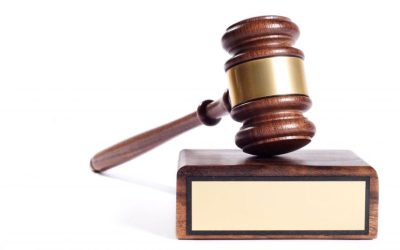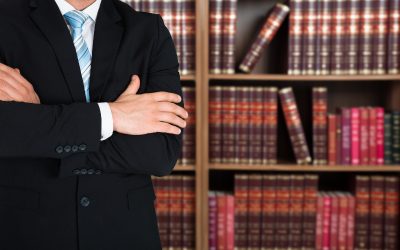About 40 million people in America are struggling to pay off their student loans. Unfortunately, many of these people fall behind on payments, leading to annoying calls from creditors and damaged credit. While student loan debt generally cannot be discharged during a bankruptcy, there are a couple of ways you can use a bankruptcy petition to help you manage this persistent debt. If you have a lot of debt that you’re struggling to pay off, filing a chapter 13 bankruptcy will let you consolidate all those bills and make only one monthly payment for three to five years to pay down that debt.
At the conclusion of your case, many of your debts will be discharged so you won’t have to worry about finishing paying them if you still owe money at that time. However, your student loan is one debt that won’t be discharged this way. Despite this, a chapter 13 bankruptcy will eliminate your other bills, providing you with a clean slate so you can devote some of your income to paying the money back. In rare cases, the bankruptcy court will allow some petitioners to discharge their student loans using a chapter 7 bankruptcy. To qualify for this exemption, you have to prove that repaying the money represents a significant hardship for you. The court will look at your income, debts, and other factors to determine if forcing you to pay the money back will negatively impact your ability to maintain a minimum standard of living. There are three criteria the court will consider to determine your eligibility:
* You won’t be able to maintain a minimum standard of living
* Your situation will persist for most or all of the repayment period
* You made payments on the loan off prior to filing for bankruptcy
Getting a hardship discharge is very challenging and you should not attempt it without the assistance of a lawyer in Lawrence, KS who can present your case to the court in the best light. For more information on how bankruptcy can help you with your student loans or assistance with filing a petition, Visit the website.


